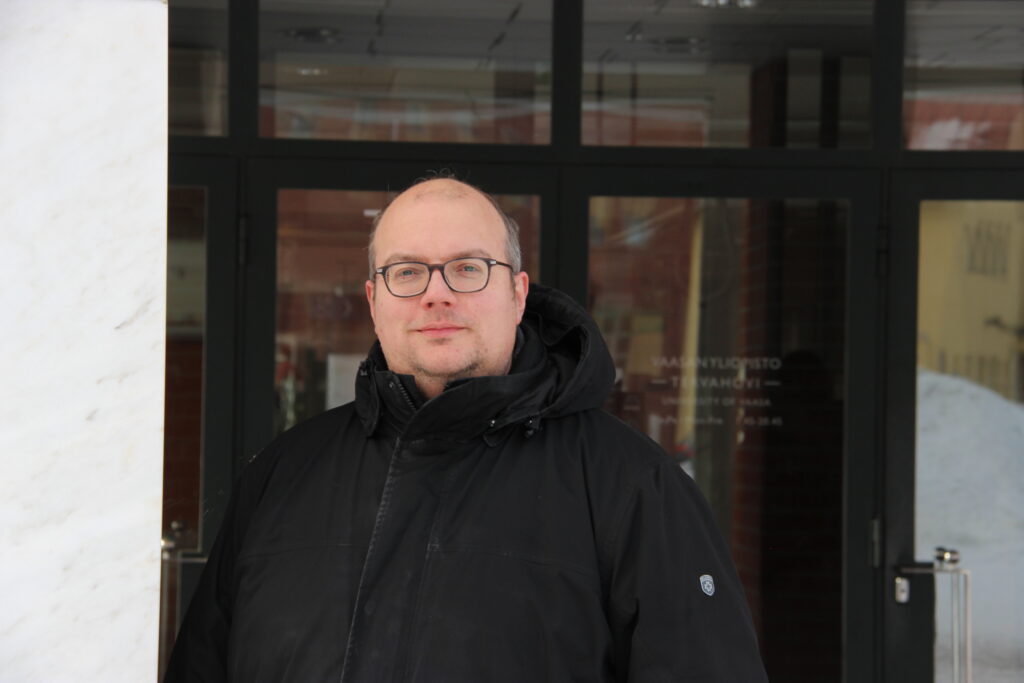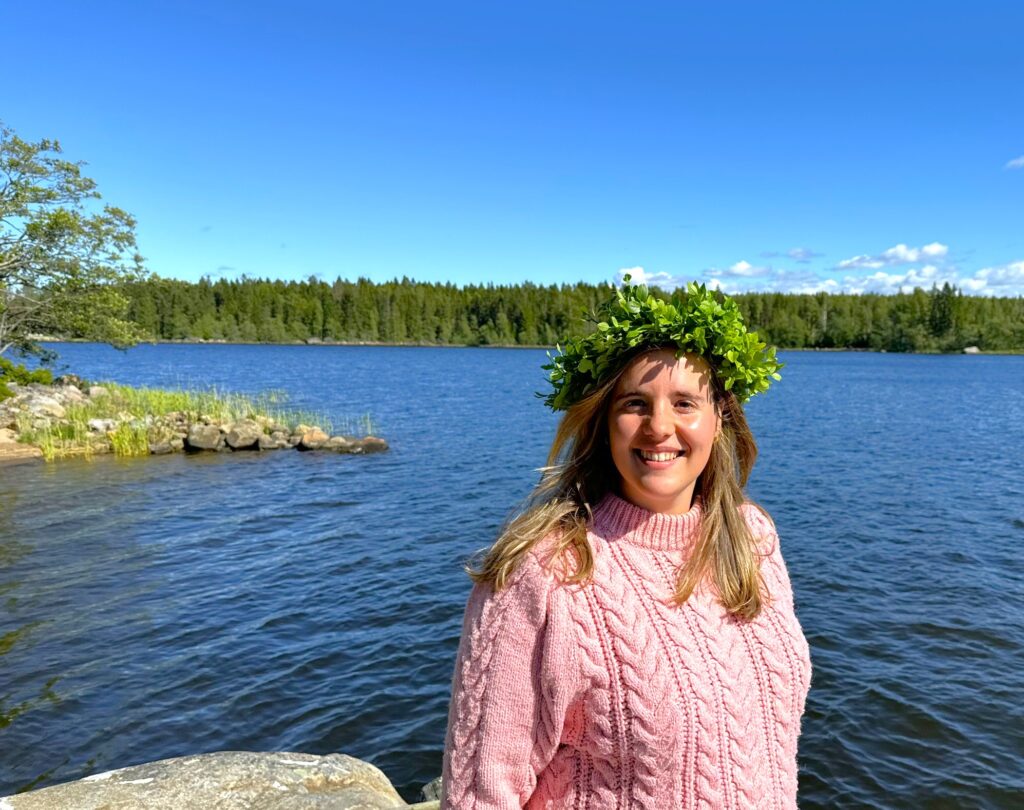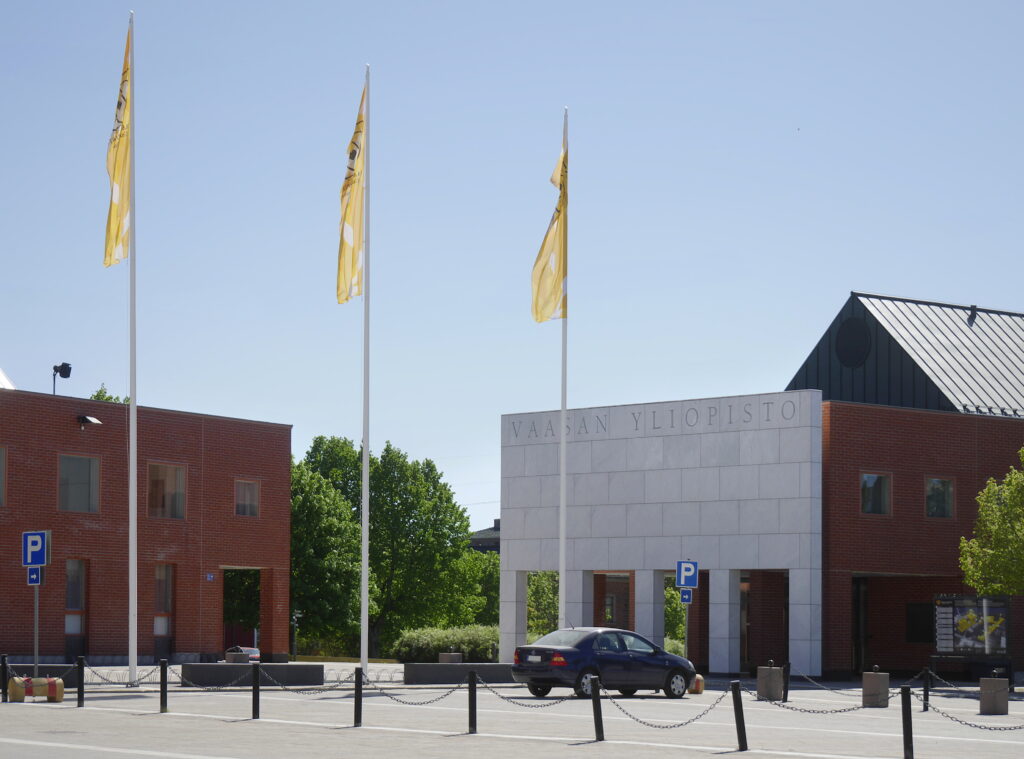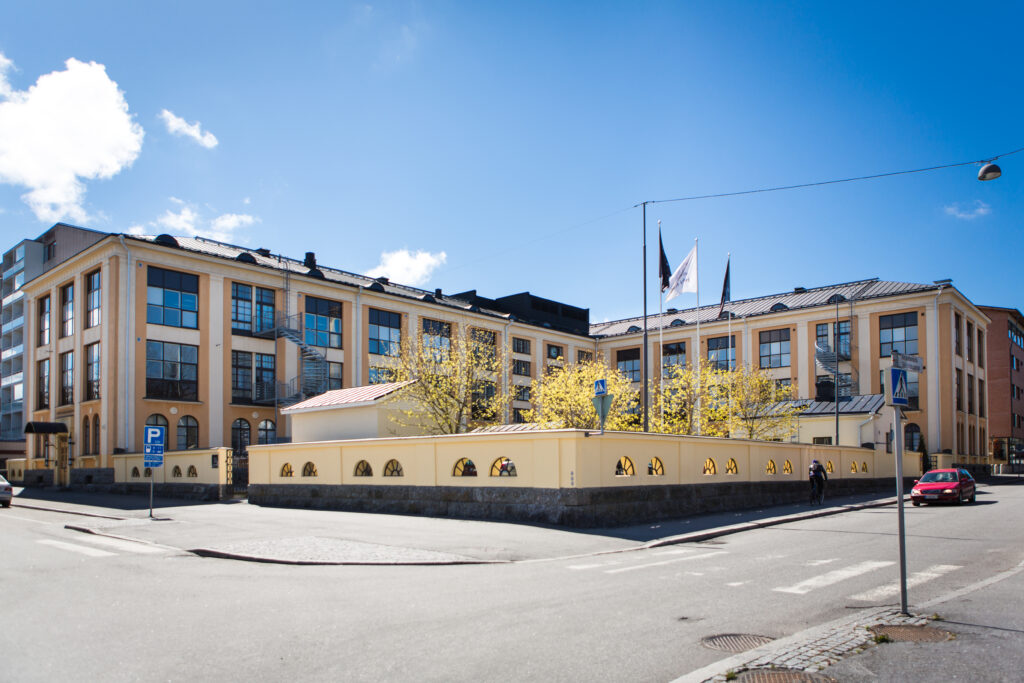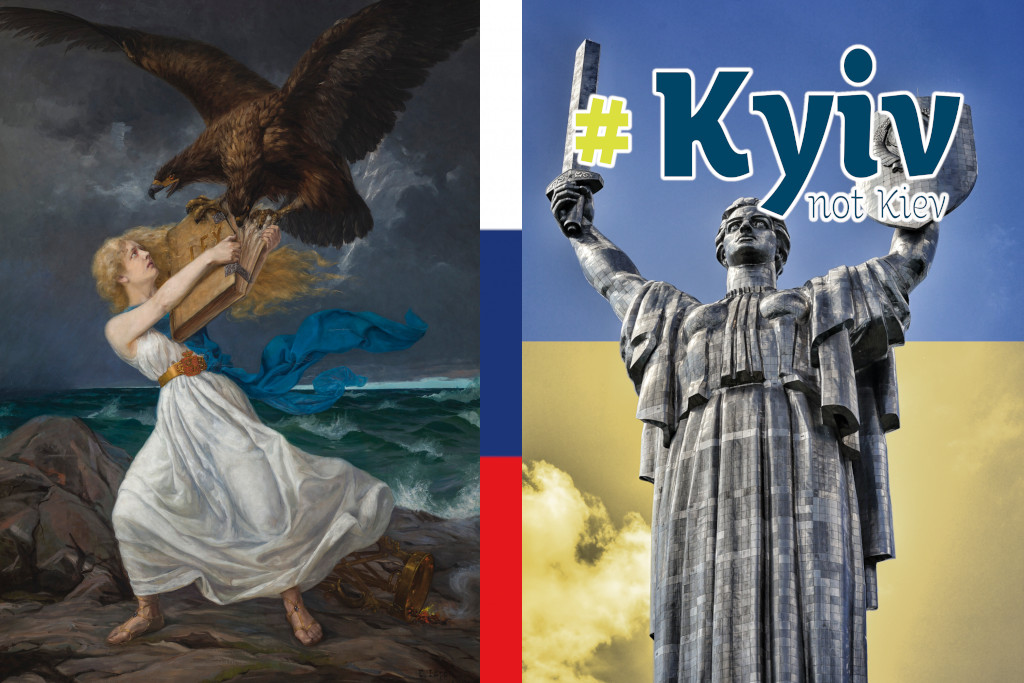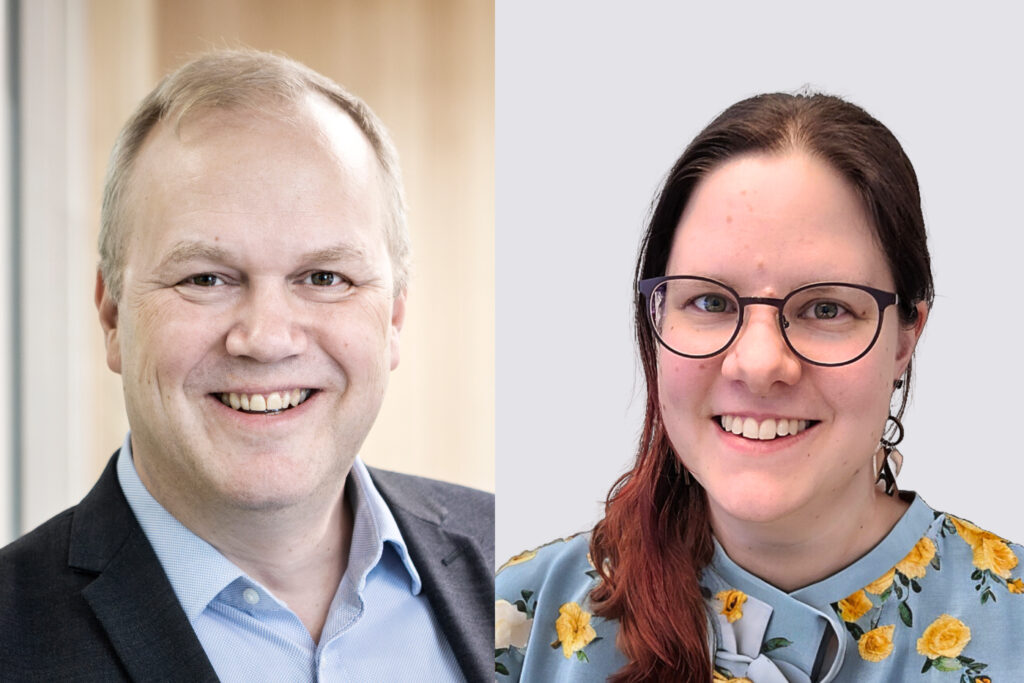The University of Vaasa organises a science day on 22 March, featuring dozens of interesting speeches on world-class research. Presentations will be held in plain English instead of science jargon.
Philipp Holtkamp, Senior Specialist at the University of Vaasa’s Innovation Office, is in charge of arranging the university’s science day on 22 March. The idea behind the event is to let the university’s researchers tell the public what they do – in plain English.
Holtkamp says that he did not know what to expect at first. He and his team asked all the schools at the university to spread the message, and the response was overwhelming. The teachers jumped on board and sent in a lot of proposals.
I was absolutely positively surprised. We originally intended to let researchers hold 15 minute presentations. However, we got so many great ideas that we had to shorten them to 10 minutes.
The program for the science day, called Mission Possible, is massive: 39 speeches by more than 75 experts, totalling 880 minutes of science. There will be presentations, panel discussions and lab tours in both English and Finnish. Approximately half of the program is in English.

Clear science communication is key
Philipp Holtkamp hopes that all kinds of people will participate in the science day.
“The event is for everyone, for any curious citizen,” he says.
The university offers public tours to several of its labs during the science day. Registration is open via the event’s website. The available labs are the Metal Additive Manufacturing Lab, the Space Data Lab, the 5G Lab, FREESI Lab and the VME Interaction Design Environment.
For those who are interested in presentations but are afraid that the researchers’ language is too hard to understand, Holtkamp has a reassuring message.
“We have trained our researchers in communicating their topics to a non-scientific audience,” he says.
Open to collaborations
An important reason for the science day is to showcase the unique work that the researchers do.
“Our researchers do a great job, and some of them are at the top of their fields, but not that many people in the Vaasa region know what they research,” Holtkamp says.
Holtkamp says that another, maybe even more important, reason is to show the region’s companies all the ways the university can collaborate with them.
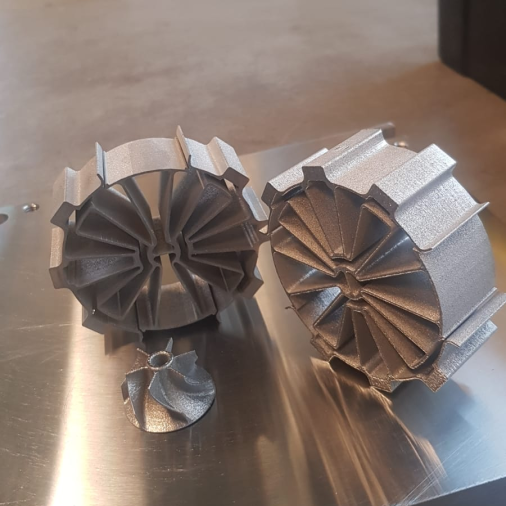
“Not many companies outside the big ones know how to benefit from the research we do, how to collaborate with us or what kind of topics we research”, he says.
For example, the university has a metal 3D printer, which Holtkamp notes is quite an expensive machine that currently is not run at 100 percent capacity.
“Some companies could use the machine for their purposes or benefit from the knowledge of the researchers.”
Looking to make an impact
One of the university’s missions is to have an impact on society. Philipp Holtkamp says that the new rector, Minna Martikainen, has especially emphasised the importance of supporting the ecosystem.
“She really believes in doing things together for the region.”
This is why the University of Vaasa wants to be more open and transparent and show the work of its researchers. Holtkamp doesn’t think that this is a big change for the researchers themselves.
“Our researchers like to make an impact,” he says.
Encourages questions and entrepreneurship
At the science day, the university will publish two new initiatives to support the ecosystem. One is a new tool that lets companies pose challenges to teachers and students at the university. The other is a student-lead accelerator program for student entrepreneurs.
Holtkamp says that students have a lot of entrepreneurial drive. However, starting your own company is a risk.
“If there are no support functions, it is much harder to make the decision to start a company. We want to build the pathway for startups to grow,” Holtkamp says.

